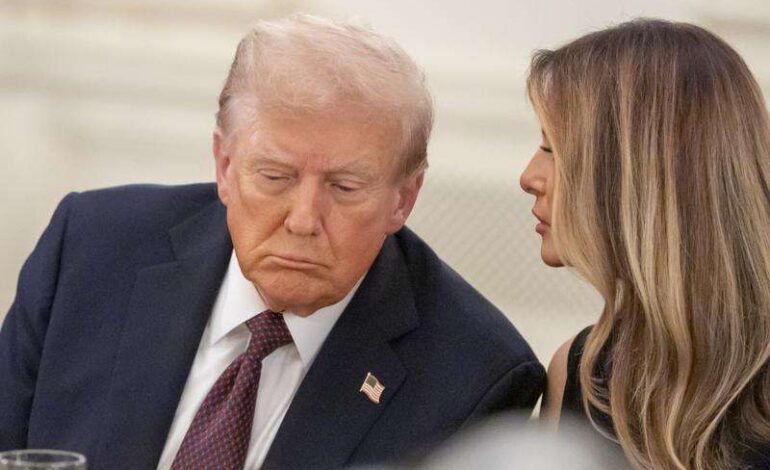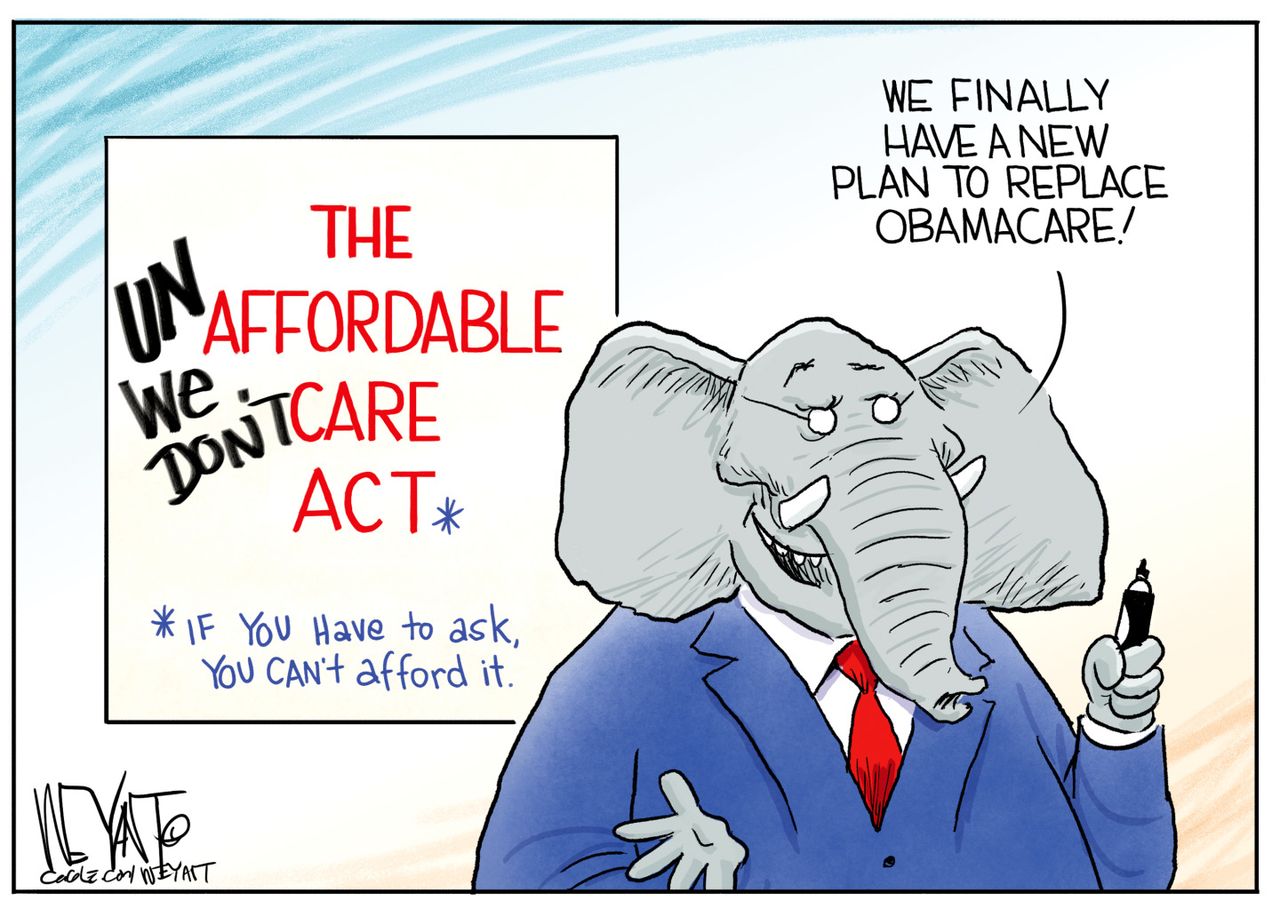Trump Weaponizes Government Power in Second Term, Targets Opponents

UPDATE: President Donald Trump is currently leveraging unprecedented government power in his second term, targeting adversaries and critics. Just seven months into his presidency, Trump has initiated a controversial campaign that challenges norms and raises alarms about the implications for democracy.
In a stunning display of authority, Trump deployed hundreds of federal agents and National Guard troops across Washington this month, utilizing a rarely invoked law to seize control of law enforcement in the nation’s capital. He has threatened similar actions in cities with Democratic leadership, including New York, Baltimore, Chicago, and New Orleans. These developments emphasize a troubling pattern of government weaponization aimed at personal and political enemies.
Trump’s administration has seen a flurry of actions that suggest a strategic use of state power against those he perceives as threats. For example, he revoked security clearances for attorneys at firms he disapproves of and axed billions in federal research funding from institutions that have crossed him. Notably, Columbia University recently settled a lawsuit for $220 million to avoid further conflicts.
As Trump pursues his agenda, he has also engaged in legal battles against media organizations, achieving multimillion-dollar settlements in cases widely deemed weak. His administration is now scrutinizing key political figures, including New York Attorney General Letitia James and Senator Adam Schiff, as part of a grand jury review initiated by Attorney General Pam Bondi.
Trump’s power plays extend beyond legal maneuvering. He has openly threatened to block a stadium deal for the Washington Commanders unless the team adopts its former racially insensitive name. His tactics have drawn both criticism and support, reflecting a deeply divided political landscape.
Experts warn that Trump’s approach represents a dangerous evolution of executive power. David N. Smith, a sociologist at the University of Kansas, states, “Weaponizing the state to win the culture war has been essential to their agenda.” Many of his supporters view these actions as a necessary counter to perceived overreach by the Democrats.
Despite the controversies, Trump remains defiant. In a recent address, he claimed, “What the nation is witnessing today is the execution of the most consequential administration in American history.” He continues to position himself as a victim of a “weaponized” government while simultaneously wielding that very power against his opponents.
The implications of Trump’s actions are profound, as they challenge the foundational principles of checks and balances in American governance. As he continues to consolidate authority, many are left questioning the future of political accountability and democracy itself.
As the situation develops, all eyes will be on Trump’s next moves and the potential fallout from his aggressive tactics. Will this strategy invigorate his base or alienate moderates? The coming weeks will be critical in shaping the political landscape.
Stay tuned for updates as this story unfolds. The ramifications of Trump’s actions will likely resonate throughout the nation and beyond.






